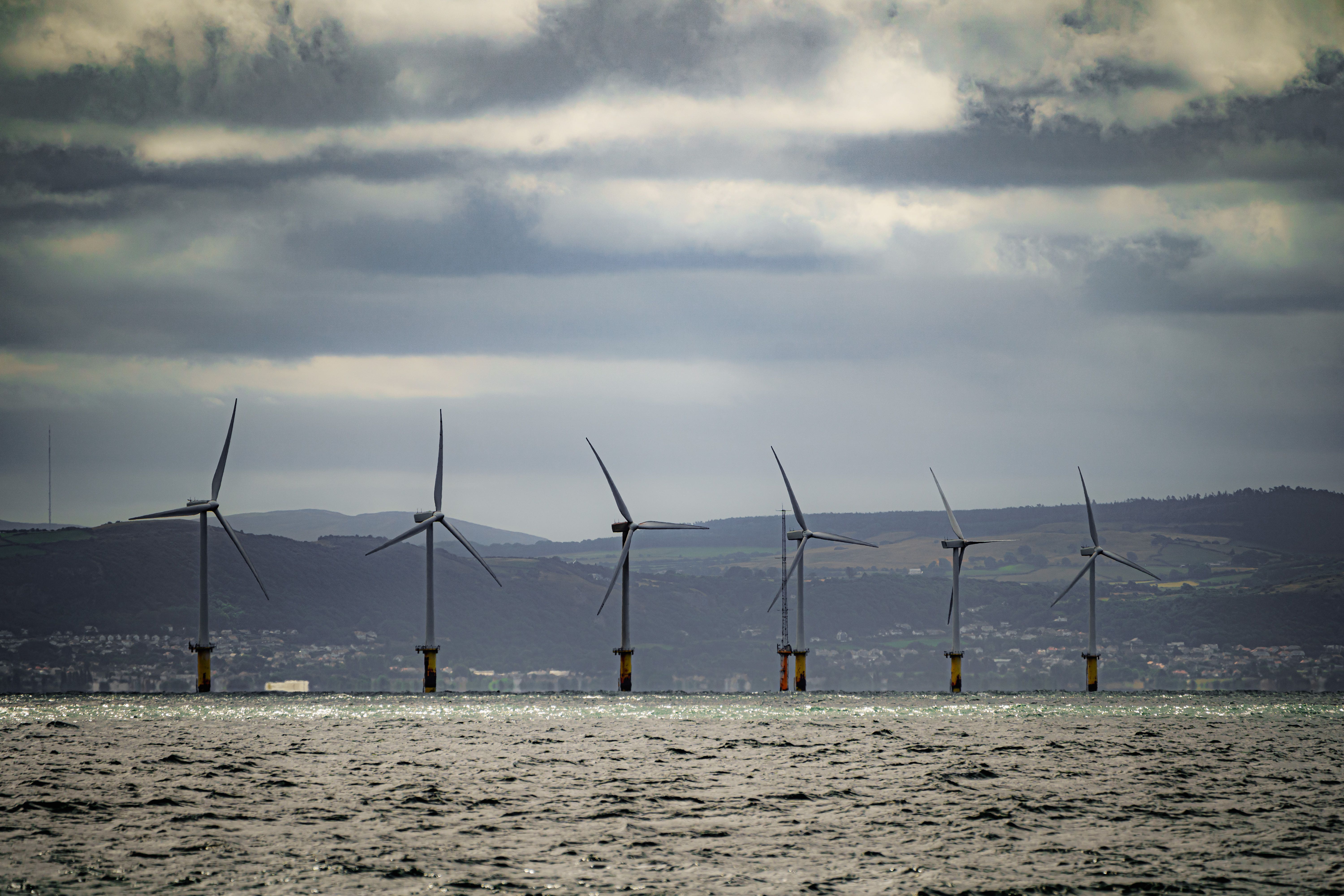Government considers proposals to make renewables greener and more innovative
Officials have warned that electricity prices might become somewhat higher as a result of a trade-off.

Your support helps us to tell the story
From reproductive rights to climate change to Big Tech, The Independent is on the ground when the story is developing. Whether it's investigating the financials of Elon Musk's pro-Trump PAC or producing our latest documentary, 'The A Word', which shines a light on the American women fighting for reproductive rights, we know how important it is to parse out the facts from the messaging.
At such a critical moment in US history, we need reporters on the ground. Your donation allows us to keep sending journalists to speak to both sides of the story.
The Independent is trusted by Americans across the entire political spectrum. And unlike many other quality news outlets, we choose not to lock Americans out of our reporting and analysis with paywalls. We believe quality journalism should be available to everyone, paid for by those who can afford it.
Your support makes all the difference.The Government is considering new proposals which it hopes would speed up the roll-out of renewable energy, cutting emissions and increasing energy security, but which may also add to household bills.
If adopted, officials might consider whether a project will help create more sustainable supply chains, innovate, or encourage job creation on top of considering the cost of delivering electricity from the wind or solar farm or tidal energy project.
At the moment renewable energy projects are awarded so-called contracts for difference (CfD) based purely on who can build at the lowest price.
The system has been seen as a major success story, helping to reduce the price of new offshore wind power by nearly 70% in just seven years to less than £40 per megawatt hour (MWh) for the cheapest projects.
For comparison the electricity which will be produced by the Hinkley Point C nuclear power plant when it completes costs £92.50 per MWh in 2012 prices, not counting for inflation.
The contracts for difference promise an electricity producer a fixed price for the energy they produce for 15 years. They then sell their electricity at market rates, but get a top-up if that rate is lower than their guaranteed fixed price or pay back some of the profit if it is above.
With recent spikes in gas and electricity prices, wind farms and others have been returning millions of pounds to households as a result of their contracts.
Not all wind farms, solar farms or other generators have such a contract, but much of Britain’s new electricity production is decided through the system.
The Government runs annual auctions where it approves the cheapest projects that companies have suggested.
But the new system would allow the companies extra money if the projects compete on areas other than just price.
Officials said there would also be some obvious downsides to the changes. For one it will make it harder to assess which projects should win contracts when there are more factors than price to consider and would likely push up prices.
It is a move that has been pushed by the renewables industry which has recently warned that it is facing higher costs due to global inflation and international competition.
“While this could encourage developers to adapt their bidding strategies in a way that strengthens their investments in a wider range of factors in support of sustainable renewable energy deployment and security of supply, it could also increase deployment costs and consequently costs for consumers,” the Department for Energy Security and Net Zero said in a consultation document released on Monday.
“It would also add to the complexity of the CfD auction, including creating an increased risk of unintended consequences from auction design decisions.”
Minister for Energy Security and Net Zero Graham Stuart said: “This potential reform to the scheme to introduce non-price factors presents a solution to grow the renewable energy supply chain as we accelerate our energy transition plans to power more of Britain from Britain.”
Tim Pick, who recently completed his term as the Offshore Wind Champion, said: “CfD auctions have created a strong driver for innovation to drive down costs, but there is a need in the current climate to consider how to better develop new supply chains and associated jobs.”
Adam Berman, deputy director for advocacy at trade body Energy UK, said: “We welcome the Government’s ambition to build on the success of the CfD programme by recognising that the cost of delivering new renewables projects has risen significantly over recent months.”